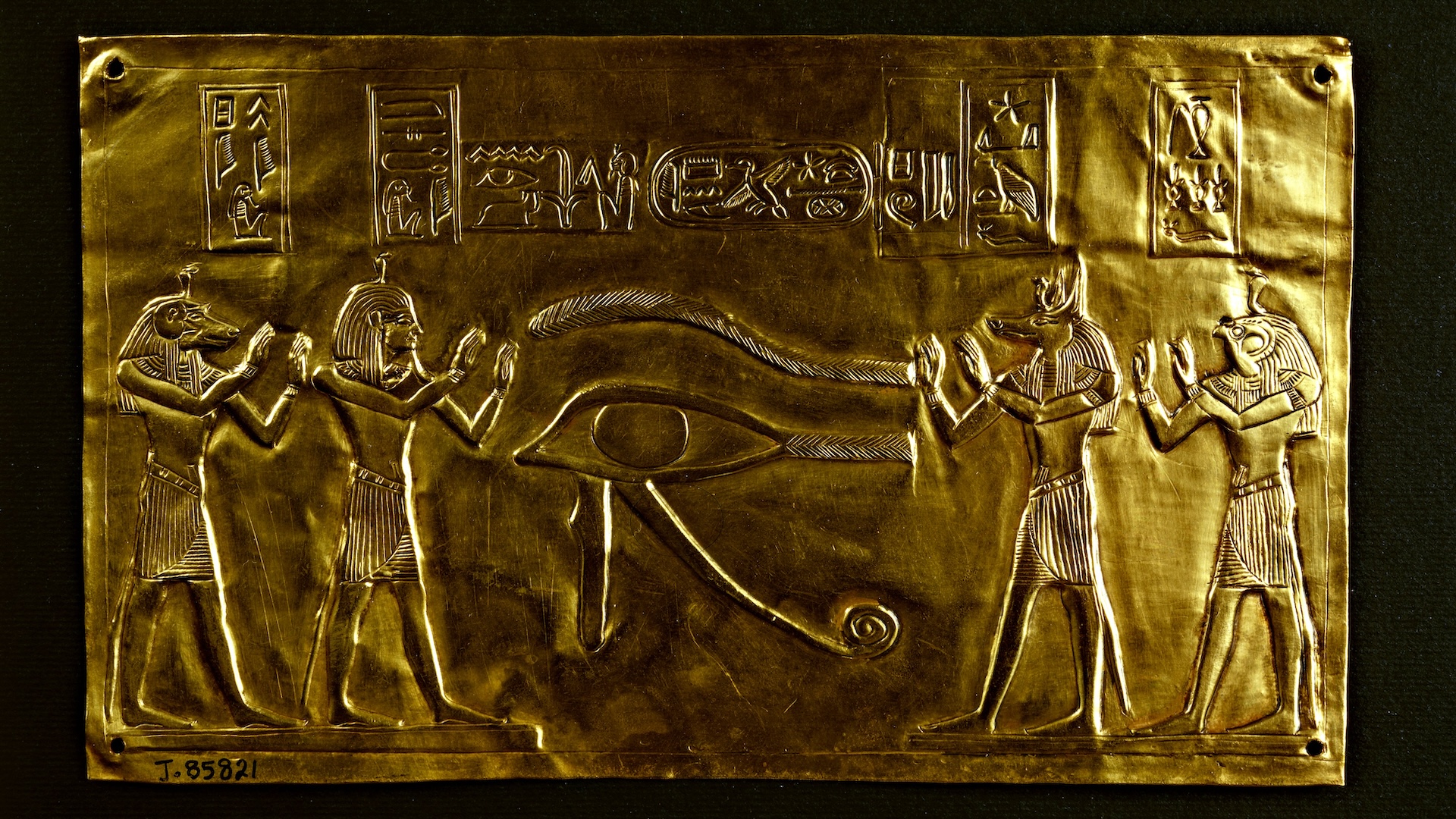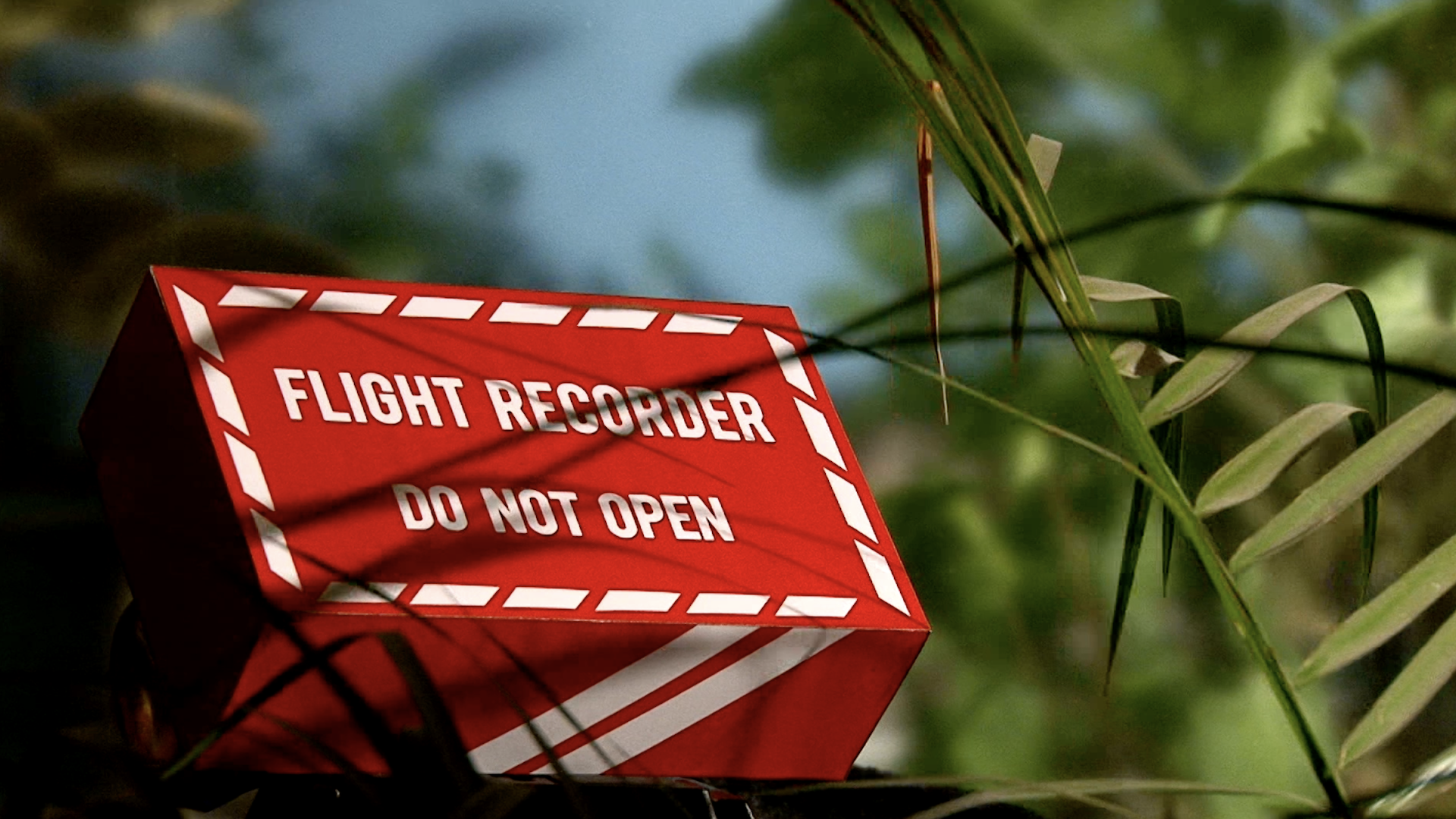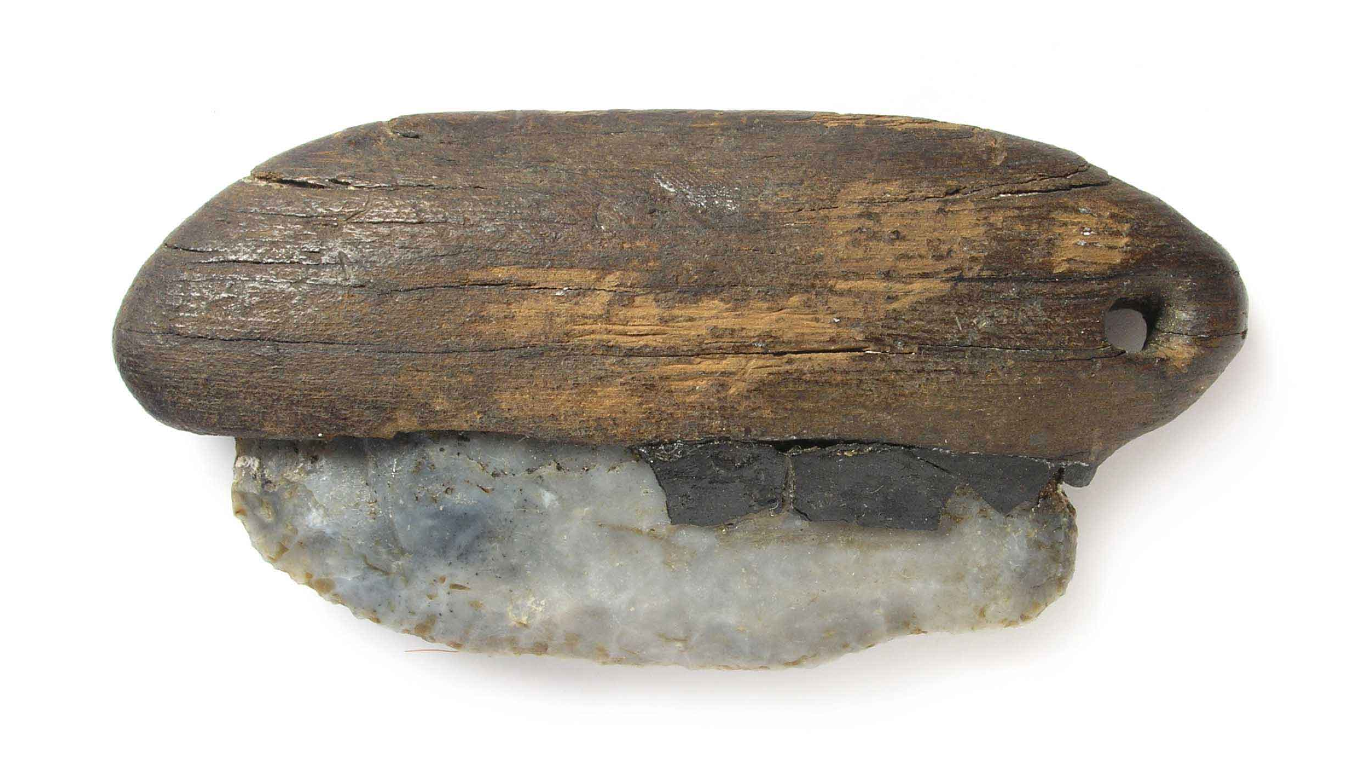
Why do we get a 'second wind' of energy at the end of the day?
That second wave of energy is a normal part of the human circadian rhythm, but lifestyle factors also play a role.

After a long day, you'd expect to feel exhausted by bedtime. But sometimes, the opposite happens: Instead of winding down, you get a sudden burst of energy, making sleep feel frustratingly out of reach.
But what's behind this second wind?
Part of the answer comes down to circadian rhythms, roughly 24-hour cycles largely controlled by part of the brain called the hypothalamus. For instance, a circadian rhythm helps regulate when we feel alert or drowsy. As part of this sleep-wake cycle, there's a period after sunset — known as the "wake maintenance zone" or "evening second wind" — when energy levels surge.
This happens because the body's wakefulness signals remain relatively high, while sleep-promoting signals, such as the sleep-promoting hormone melatonin, haven't fully kicked in yet, Roxanne Prichard, a professor of psychology with a background in neuroscience at the University of St. Thomas in St. Paul, Minnesota, told Live Science in an email.
From an evolutionary perspective, this burst of energy may have helped our ancestors complete essential tasks, "like making an evening meal and making sure there's a safe place to sleep," Prichard explained.
Related: What happens in your brain while you sleep?
Typically, the wake maintenance zone lasts for a few hours, but its exact length varies from person to person, Prichard said. For night owls, this wake maintenance zone can be longer than those of "morning larks," who may experience a shorter second wind and find it comparatively easier to fall asleep early.
Sign up for the Live Science daily newsletter now
Get the world’s most fascinating discoveries delivered straight to your inbox.
Although a pre-bedtime energy surge is part of a normal circadian rhythm, mental health and lifestyle factors can make it more pronounced.
"Anxiety, late-night work, social media use, or engaging in stimulating activities can trigger the release of stress hormones like cortisol and epinephrine, increasing alertness," Dr. Chris Allen, a board-certified sleep medicine physician and sleep science adviser at Aeroflow Sleep, a sleep-apnea equipment company, told Live Science in an email.
Being on screens before bed can further disrupt sleep by delaying drowsiness. Research suggests that blue light emitted by electronic devices suppresses the secretion of the hormone melatonin. This essentially tricks the brain into thinking it's still daytime, Allen explained.
Another common culprit behind pre-bedtime energy surges is "revenge bedtime procrastination" — in her master's thesis on the subject, Lena Müller defined this concept as "the attempt to purposefully eke out some leisure time in a day full of obligations by postponing one's sleep." People often engage in mentally stimulating activities during this period, which often increases their alertness, Allen added.
For those experiencing a second wind, Prichard suggested embracing the burst of energy rather than resisting it. Anecdotally, "getting things done might actually help sleep later in the evening with the stress reduction that comes with light to moderate exercise or handling of stressors head-on," she said.
However, she advised keeping lighting minimal during these activities. Two small studies published in 2012 and 2019 suggested that warm, red-toned light may improve melatonin levels and sleep quality and help your internal circadian clock stay in sync with external time cues, compared to bluer light. That said, larger studies are necessary to confirm this theory. Some experts argue that red light disrupts sleep less than other types of light, but doesn't necessarily promote it.
Alternatively, to minimize your second wind rather than riding it out, there are several strategies you can try:
First, stick to a consistent sleep schedule. "Going to bed and waking up at the same time daily helps regulate the body's internal clock and reduces second-wind episodes," Allen said. This is also backed up by research. And again, limiting light exposure close to bedtime is key, he added.
Creating a relaxing pre-bedtime routine can also help signal to the brain that it's time to wind down; that's because the bodies' sleep-wake cycle is not only directed by light exposure but also by external, behavioral cues.
If pre-bedtime energy bursts consistently interfere with your sleep, though, it may be worth consulting a sleep specialist to rule out sleep disorders, Prichard recommended. In some cases, doctors may recommend patients to seek out therapy aimed at easing insomnia, she added.
Disclaimer
This article is for informational purposes only and is not meant to offer medical advice.
Sleep quiz: How much do you know about sleep and dreams?

Clarissa Brincat is a freelance writer specializing in health and medical research. After completing an MSc in chemistry, she realized she would rather write about science than do it. She learned how to edit scientific papers in a stint as a chemistry copyeditor, before moving on to a medical writer role at a healthcare company. Writing for doctors and experts has its rewards, but Clarissa wanted to communicate with a wider audience, which naturally led her to freelance health and science writing. Her work has also appeared in Medscape, HealthCentral and Medical News Today.
You must confirm your public display name before commenting
Please logout and then login again, you will then be prompted to enter your display name.










